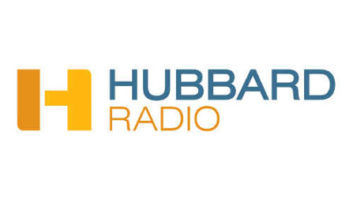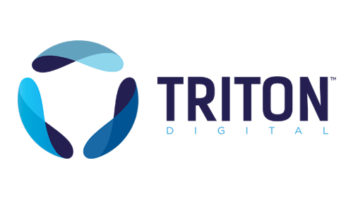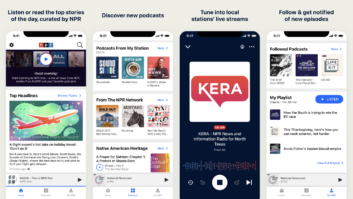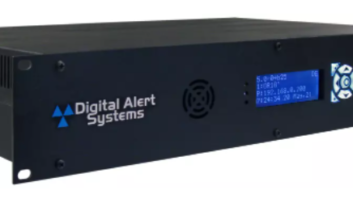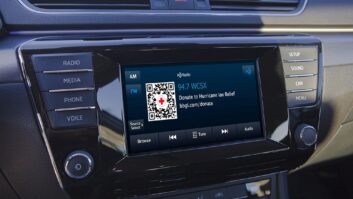One in a series of articles this week reporting on what the radio industry is telling the FCC about all-digital on the AM band.
National Public Radio “generally supports” allowing stations to transition, if they wish, to all-digital AM transmission using HD Radio in the United States. But it believes the commission needs to go further on how it would handle interference complaints from neighboring analog stations in the band.
About 80 AM public radio stations are affiliated with NPR or receive operational funding from the Corporation for Public Broadcasting, including WNYC(AM) in New York City.
[Read: Small-Market Owners Caution Against “AM Stereo Situation” With Digital]
NPR says it has significant interest in any measures to help AM broadcasters better serve the public by improving the listening experience.
“Facilitating the expansion of HD Radio and its additional functionality for program and public safety information and services would serve the public interest, provided the transition to all-digital HD Radio operation does not cause harmful interference,” NPR wrote in comments filed with the FCC this week.
“As it has in the past, NPR supports the expansion of HD Radio, but not at the expense of current analog AM service.”
NPR goes on to note the “concerns of others in the FCC record” over the potential for interference. Discussion of all-digital on the AM band in the United States has often centered around worries over interference.
The broadcaster does suggest in its comments several ways the FCC can help mitigate the risk of harmful interference from all-digital deployment. “NPR urges it to collaborate with industry to monitor both the progress of stations that adopt all-digital AM and the effects of such deployment on all-digital stations’ analog neighbors,” it wrote.
[Read: NAB Is All-In on All-Digital AM]
“Second, NPR suggests that the commission consider periodically disclosing general information about the number of stations transmitting all-digital AM signals, the number and type of interference complaints it receives, and how such complaints were resolved to help stakeholders understand the full landscape.”
NPR acknowledges certain FCC policies might prevent it from disclosing specific facts about complaints it receives.
“Finally, NPR encourages the commission to issue a public notice on or about the first and second anniversaries of the effective date of any rules it adopts here, seeking comment on the positive and/or negative effects of any all-digital AM deployments.”
NPR, which produces, acquires and distributes programming to nearly 1,200 public radio stations nationwide , also agrees that adopting the NRSC-5-D standard for all digital audio broadcast operations in the United States is appropriate.






